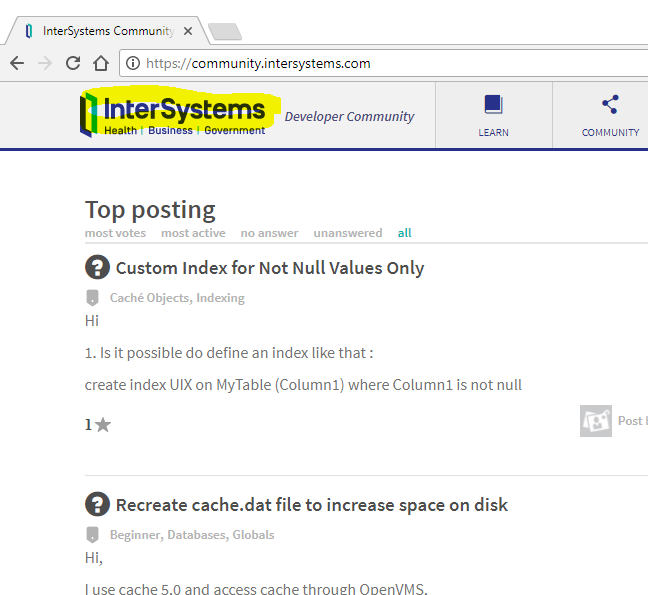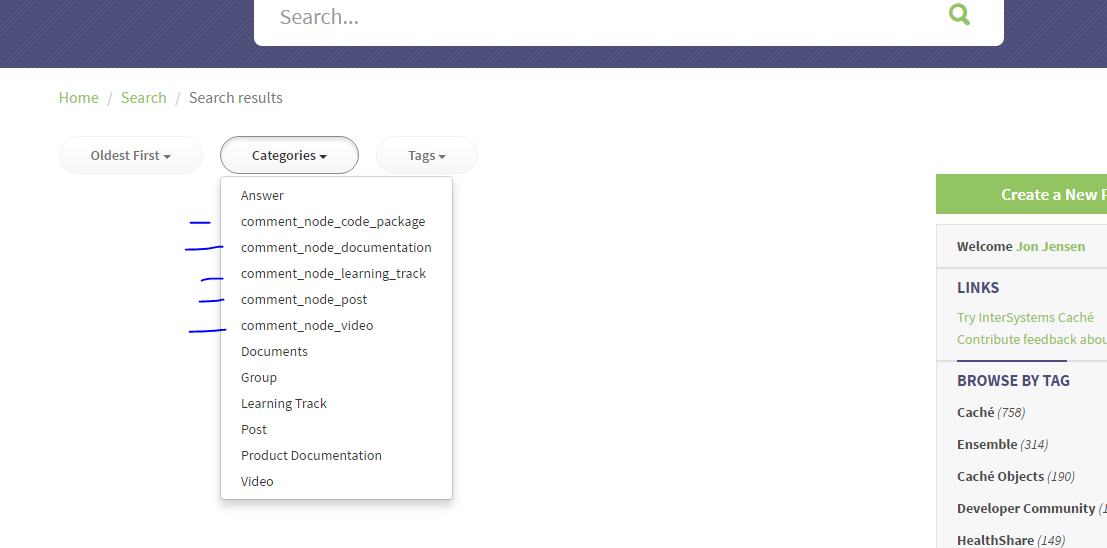I know this has been requested before, but it's really annoying, especially in the Developer Community.
Here is my typical workflow:
1. Click "Developer Community" forum
2. Click "Post question".
3. Select "Developer Community" in Group dropdown.
4. Select "Developer Community" in Related Topic dropdown.
Yes, 3 out of 4 steps to post a new question here require me to select the same thing. It's frustrating. Here I go again!




